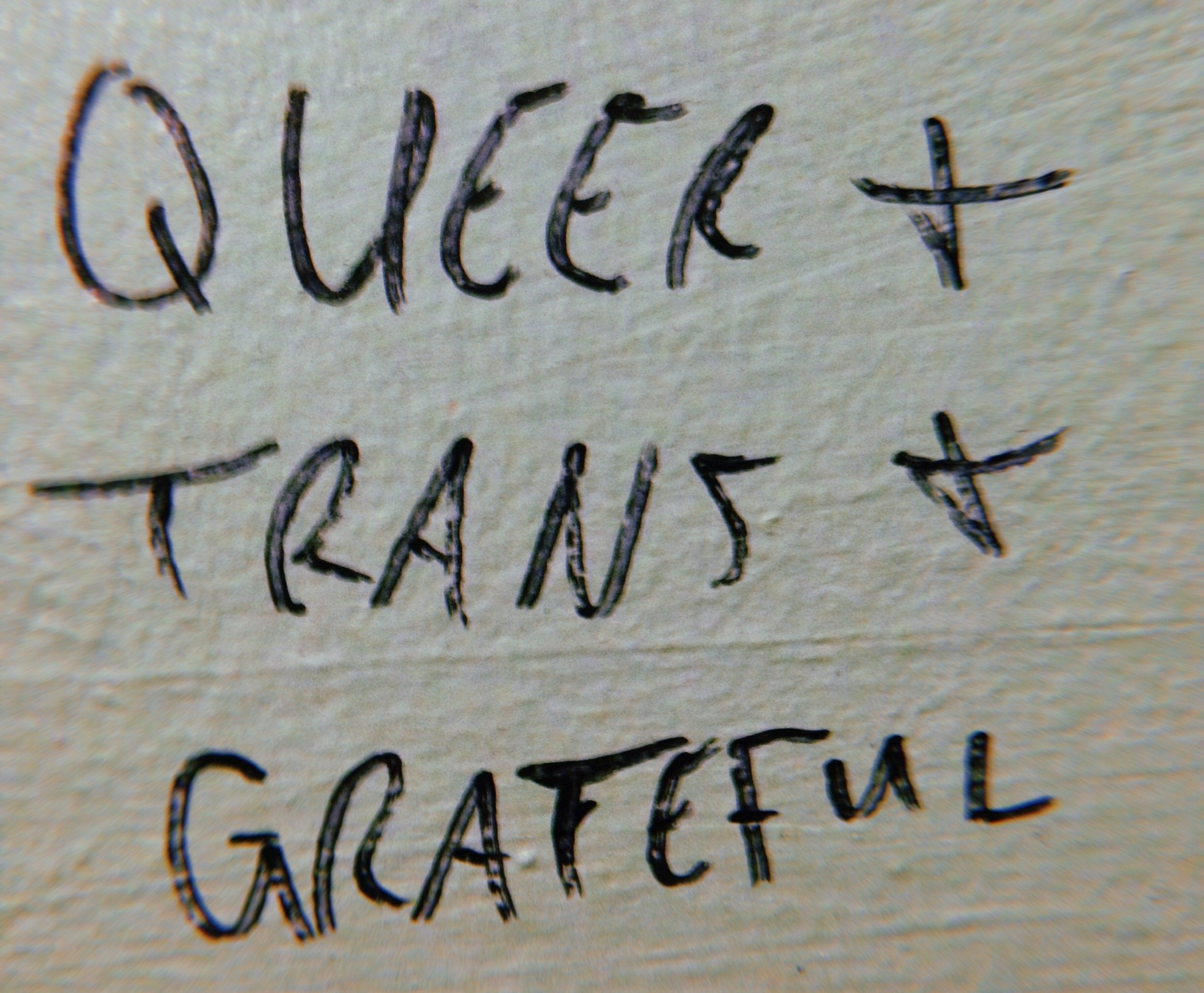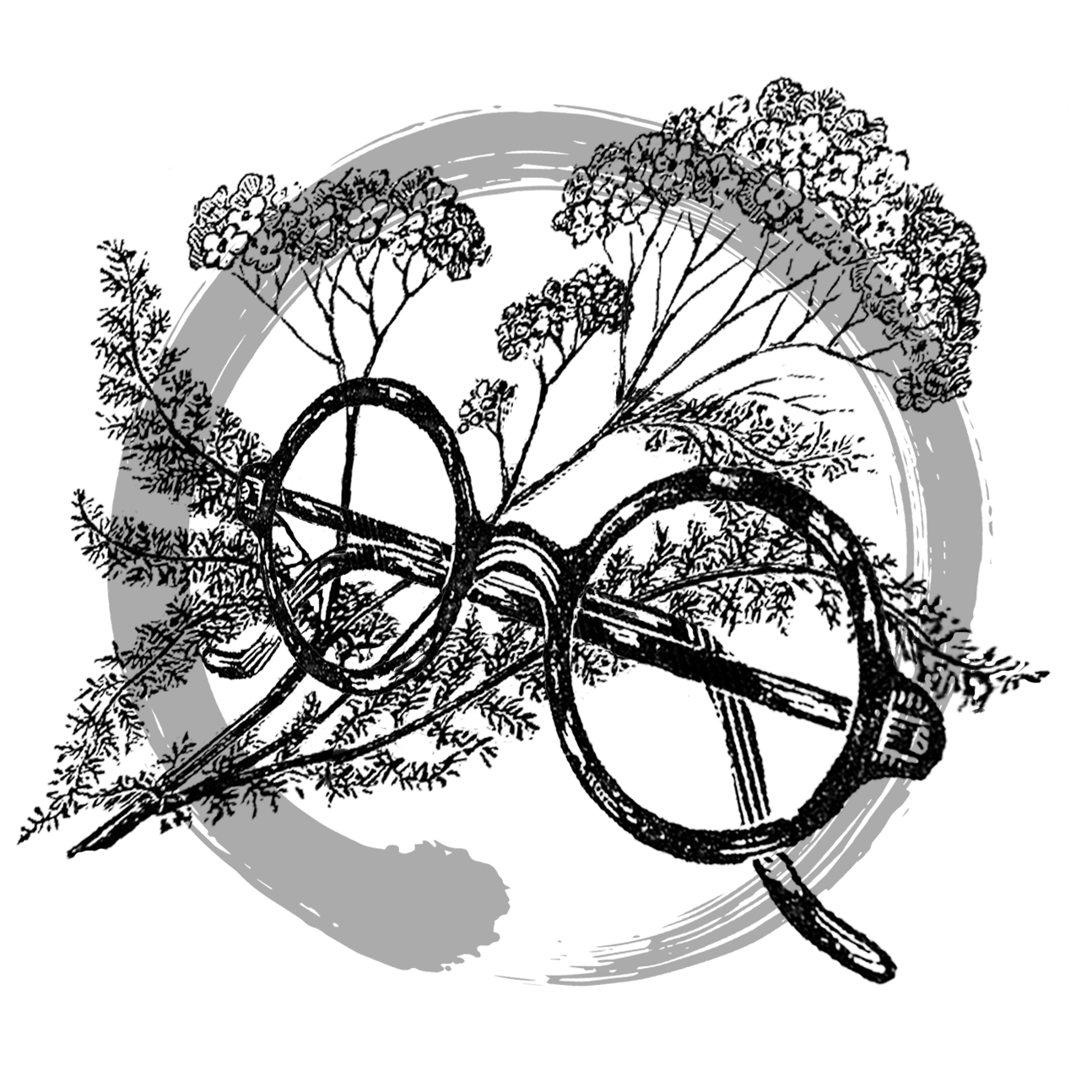
Working with Quinn
We might work well together if….
-

...you have a felt sense that your liberation is bound up with that of your clients.
You experience compersion and true joy at the big and small triumphs of your clients. You find the threads of story in service to your client—threads of survival, power, resilience, and interconnection.
You have a sense of zest and presence when your clients have an insight, set a boundary, or find their inner power.
You have surfed waves of burnout, oppression, and lived experience of mental illness and neurodivergence yourself. You understand that your selfhood is the tool with which you undertake your craft.
You know that until all of us are free, none of us are free.
-
...you are commited to undoing harmful response patterns that impede healing.
It is not an accident that you were drawn to this profession. So many of us are the parentified children, the “you’re such a good listener” friend, the pattern-breaker in our lineage. Maybe you resonate with the ‘wounded healer’ archetype.
You are here to not only do excellent clinical work in service to your clients, but to use the power of the therapeutic relationship as a crucible to unbind pain.
You are committed to encountering internalized white supremacy and other systems of oppression. You vow to take action to uproot it within you, within your relationships, and within the places you work.
Despite what you might have been told, countertransference is a gift if wielded with clear-eyed wisdom.
-

....you uplift intersectionality in all its forms, and you crave a more complex narrative.
You strive to understand your clients in all their messy complexity. You refuse to blame people for their pain.
You understand that no one is a single story, and that each person deserves compassion in the place they find themselves in.
That you are not doing this work to save anybody, except maybe yourself.
You are enlivened by ‘eclectic’ methodologies in therapy rather than rote formulas. You desire to bring in expressive arts, somatics, ecopsychology, and other more-than-verbal practices into your toolbox.
We might not be a good fit if…..
-

....you think you've got it all figured out.
That people’s problems can be boiled down to simple solutions. That us practitioners are the “mentally well,” here to “fix” our clients. That every issue can be handled by the same form of therapy.
Sometimes this thinking comes from arrogance, or even narcissism.. More often, though, it comes from a sense of paralyzing insecurity, in which parts of ourselves are too scared to try something new or go off book.
Through the supervision process, we can begin to untangle these patterns.
People are endlessly complex and multilayered. How dull would it be if we knew all the answers to humanity’s foibles?
-

....you refuse to bring some vulnerability to supervision.
In the words of adrienne maree brown, “Change moves at the speed of trust.” I imagine you’ve been harmed by previous supervisors. Hesitancy is understandable.
In learning to trust one another—with awareness of the power dynamics at play—is where the true transformative power of the supervision space emerges.
In my first practicum, I was terrified of showing my supervisor that I didn’t know what I was doing. I’m so grateful that she saw right through me—and walked with me toward deep trust, through shared vulerability.
-

You don't hold client wellbeing closely.
The history of psychotherapy is one rooted in intentional and unintentional harm to targets of oppression—from enslaved people pathologized with Drapetomania, to Victorian-era sexually abused women labeled hysterical, to autistics forced into ABA therapy, to queer and trans people of all stripes subjected to conversion therapy.
We have tremendous power to harm our clients. Within the supervision space, we must be allied in the protection of client wellbeing. By being willing to take feedback and explore any reactivity to it. By reporting on client interactions accurately. By relentlessly asking questions—all the while keeping the clients’ goals in mind.

